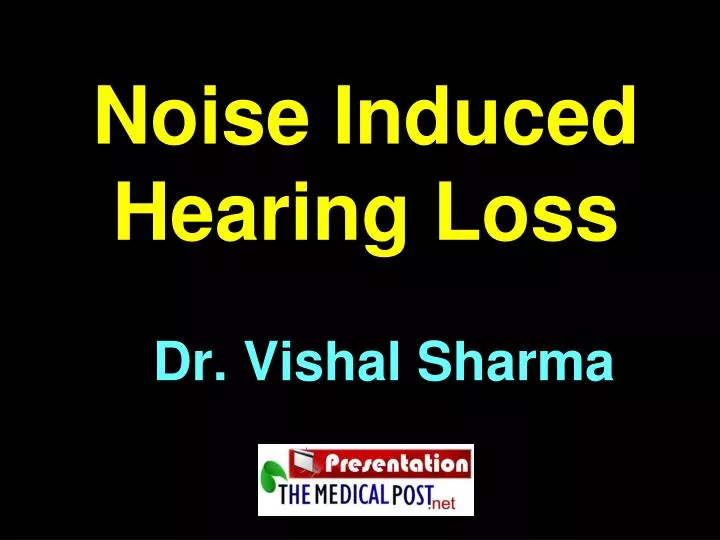I have a 55 dB hearing loss notch at 4000 Hz and a tinnitus tone to match it. I've had it for years, and for the last couple of years, I have been mostly habituated. I recently fell out of habituation because I went to a couple of loud social events. Of course, I wore good-quality earplugs, but the spike has arrived nonetheless.
Normal people can listen at 80 dB for eigh hours before they physically damage their ears. I exposed my ears for a couple of hours around the 80-85 dB mark, but with earplugs rated at 15 dB, so there shouldn't be any actual new hearing loss damage, right? Which would mean the spike is all in my brain.
Could it be that our experiences are unique? Perhaps the 'forest' of our hair cells is different from that of healthy individuals. Our 'forest' may be filled with half-knocked-down trees, easily toppled by even the slightest disturbances. This could mean we're more susceptible to additional hearing loss/damage with much less exposure than a regular person.
I am curious if anyone out there who already has had some hearing loss, has any experiences where a moderately loud noise exposure that wouldn't hurt a normal person actually caused a measurable change in their hearing thresholds. Or if anyone knows if there are any studies on this anywhere.
I'm hopeful that if I can confirm I haven't physically damaged my ears, my brain will stop worrying, and the mental component will subside. Any insights or experiences would be greatly appreciated.
Normal people can listen at 80 dB for eigh hours before they physically damage their ears. I exposed my ears for a couple of hours around the 80-85 dB mark, but with earplugs rated at 15 dB, so there shouldn't be any actual new hearing loss damage, right? Which would mean the spike is all in my brain.
Could it be that our experiences are unique? Perhaps the 'forest' of our hair cells is different from that of healthy individuals. Our 'forest' may be filled with half-knocked-down trees, easily toppled by even the slightest disturbances. This could mean we're more susceptible to additional hearing loss/damage with much less exposure than a regular person.
I am curious if anyone out there who already has had some hearing loss, has any experiences where a moderately loud noise exposure that wouldn't hurt a normal person actually caused a measurable change in their hearing thresholds. Or if anyone knows if there are any studies on this anywhere.
I'm hopeful that if I can confirm I haven't physically damaged my ears, my brain will stop worrying, and the mental component will subside. Any insights or experiences would be greatly appreciated.

 Member
Member
